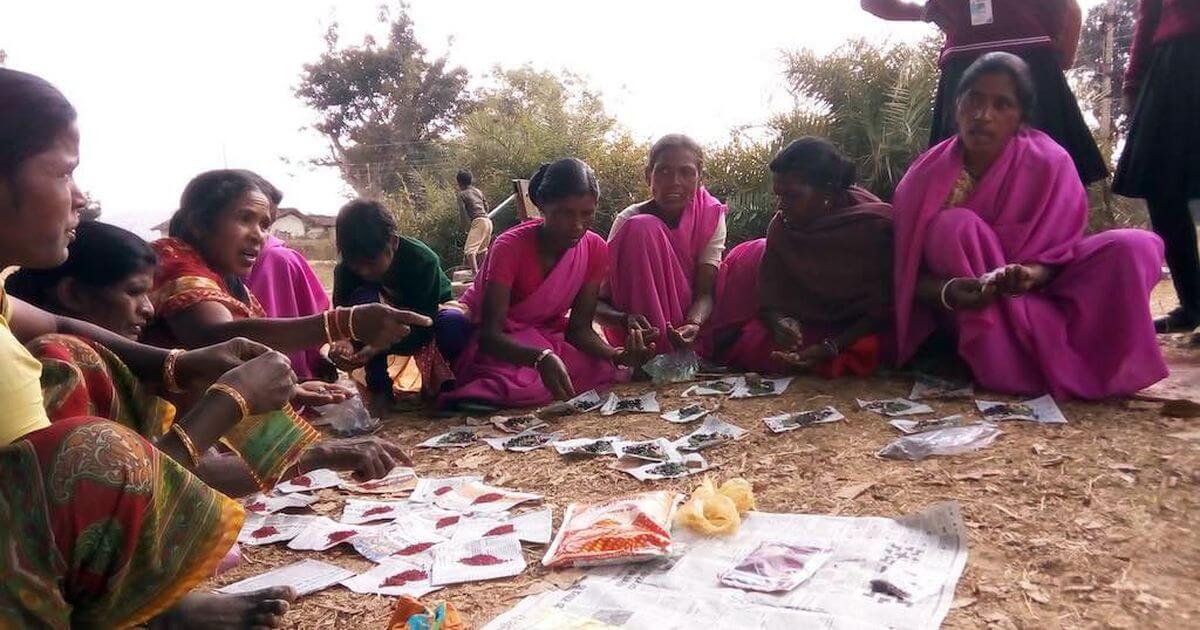International Academic Conference IGNOU-AHD2017 “Agriculture and Human Development in India: Indigenous Practices, Scientific views, and Sustainability” held during September 8-9, 2017 at the Indian Institute of Technology, Guwahati
While legislations increase to perpetuate cultivated trends of commercialised agriculture , there lies almost in quiet determination an old practise of farmers growing one’s own food across some of the pockets in this nation. Kitchen gardens are spaces near the household, usually within homestead lands where tubers, green leafy vegetables, oilseeds and even fruit plants are grown and are grown organically, specifically for home consumption.
Kitchen gardens are often grown seasonally, conditioned to the local climate and variability of soil, size of landholding and availability of both water and man power. Efforts dedicated to this exercise lead to a sizeable quantum of food availability that suffices for nearly three to four months in one cycle. Often, while a crop has been grown commercially in the agricultural field, the same is also grown locally for home consumption. Local practises of organic farming are sometimes latently preserved through growing such crops for home consumption.
This paper draws its content from a research conducted across three states, i.e. Amravati district, Maharashtra, Gumla District in Jharkhand and Dharmapuri district, Tamil Nadu. In all the above mentioned sites, kitchen gardens was an intervention made by external organisations. Almost as a corrective measure in retracing steps from a brewed culture of commercialised agriculture using aggressive agents to get the ideal colour and size of food crops, today kitchen gardens are sites for building self – sufficiency among rural households for their individual food requirements, enriching existing diets and reviving trends of growing food using locally found agricultural inputs.
This paper aims to contribute towards building a literature within discourses of rural development in how kitchen gardens is an active strategy that may be adapted by households today in meeting a required food sufficiency, reduce market dependency and increase income savings across specific seasons. Use of such an initiative may also contribute in diversifying and enriching existing diets while widening the bracket of available food and increasing an everyday choice in what is consumed

